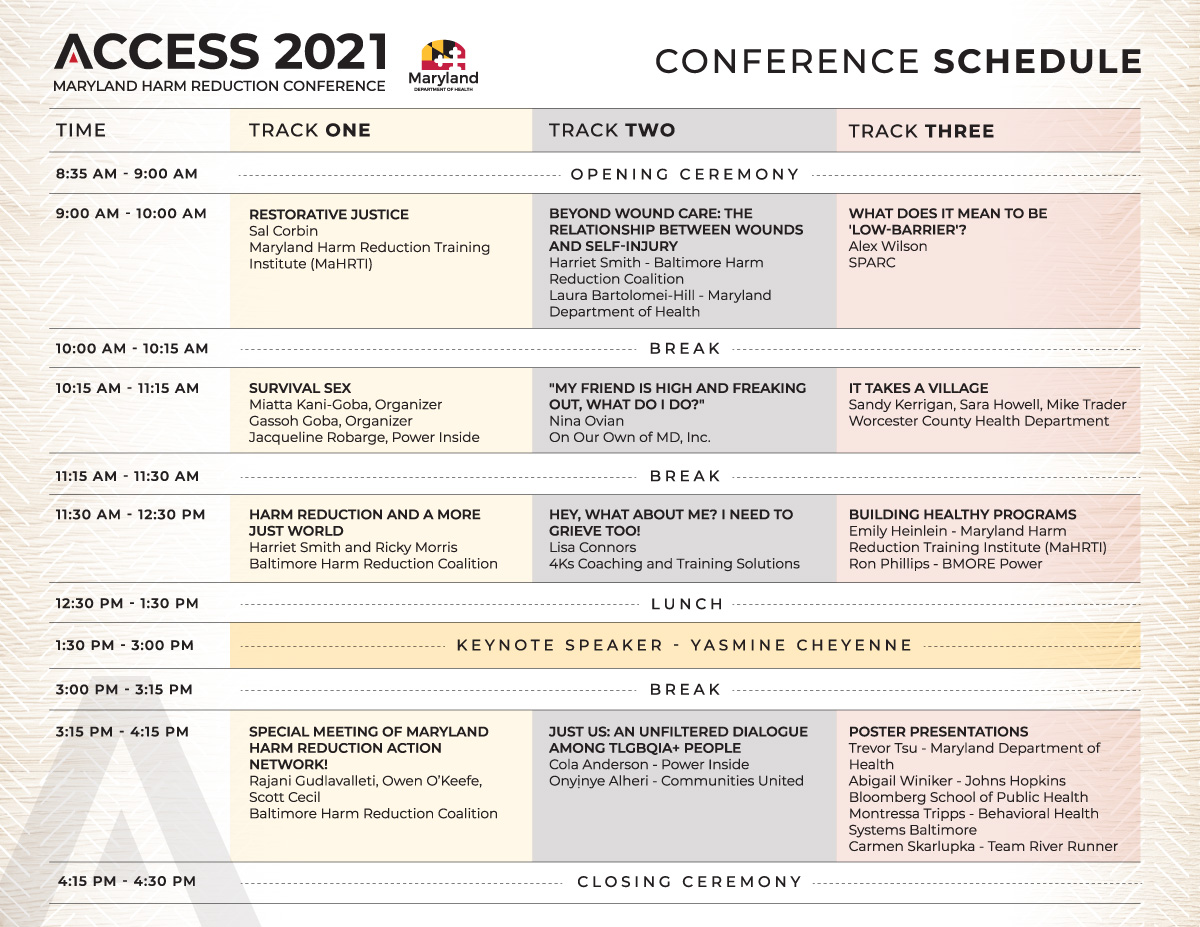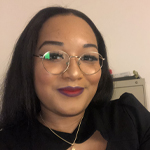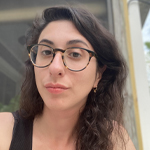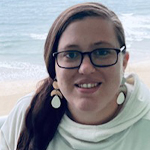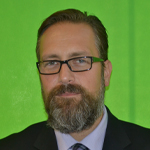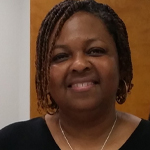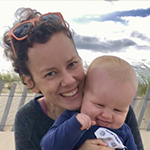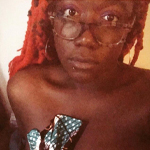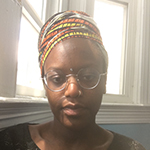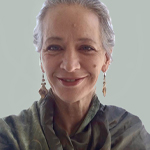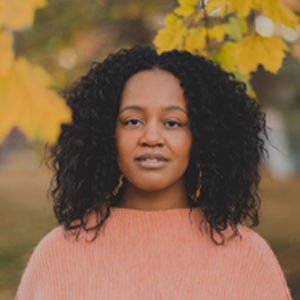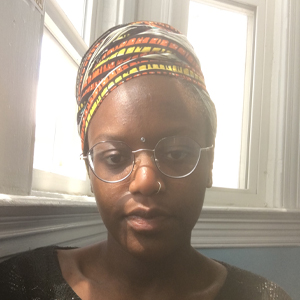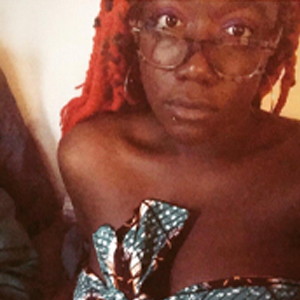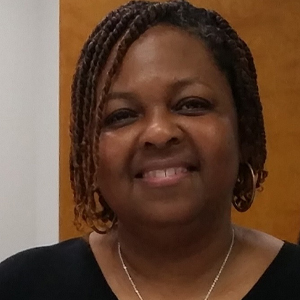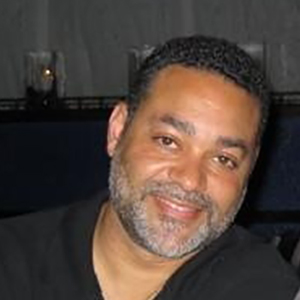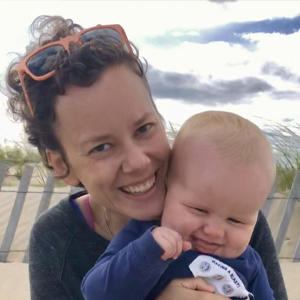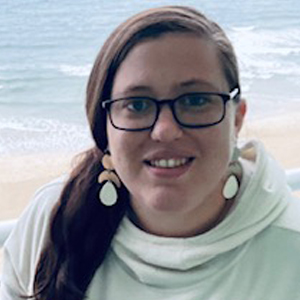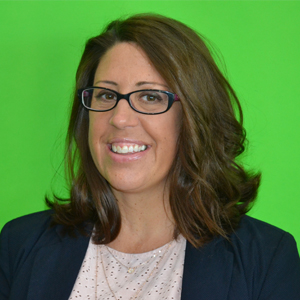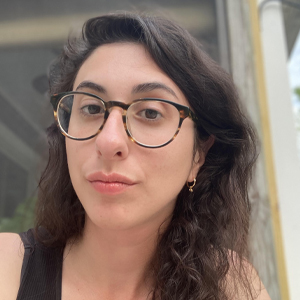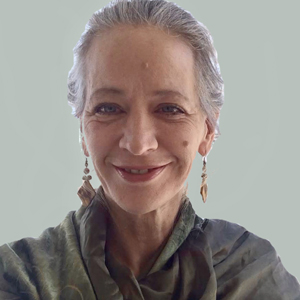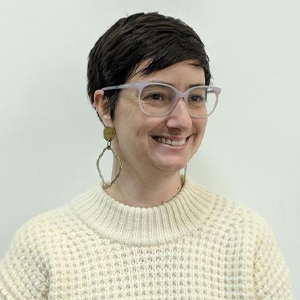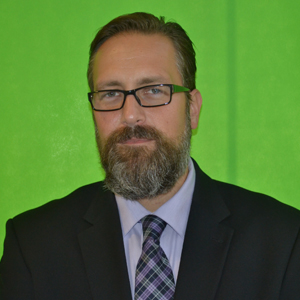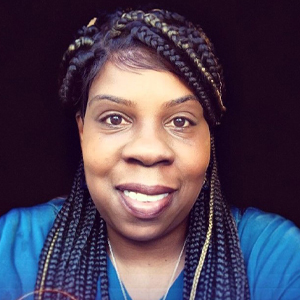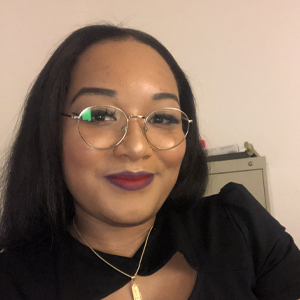3:15 PM - 4:15 PM
Track Three
Poster Presentations
Trevor Tsu - Maryland Department of Health
HIV Among People Who Inject Drugs in Maryland
This presentation will examine the risk and control of HIV infections among those who share needles and syringes to inject drugs. Injection drug use (IDU) was the leading cause of new HIV diagnoses in Maryland from 1988 to 2001. Although both the number of new diagnoses and the percent of those diagnoses attributed to IDU has decreased in Maryland over the past 3 decades, the proportion of new HIV diagnoses attributed to IDU has increased slightly in recent years. This may indicate that progress in decreasing new diagnoses in this risk group may be stalling relative to other risk groups.
Abigail Winiker - Johns Hopkins Bloomberg School of Public Health
Individual and Interpersonal Sources of Violence and Resilience Among a Diverse Sample of Transgender Women in Los Angeles
Among Transgender women (TGW), resilience has been shown to be protective against the adverse impacts of violence, discrimination, and stigma. However, gaps remain in understanding the ways in which resilience factors may differ for TGW facing additional minority stressors, such as race, ethnicity, or socioeconomic status. This study aimed to identify individual and interpersonal determinants of violence and trauma as well as resilience and coping strategies to reduce the harm of violence and improve mental and physical health outcomes among a racially diverse sample of TGW in Los Angeles.
Montressa Tripps - Behavioral Health Systems Baltimore
Music as a Healing Influence in Harm Reduction Support Groups
Music and art therapy have long been used as supportive techniques in recovery. There are points in every song that can strike a chord and soothe overwhelming emotions that can come from grief due to loss. Revisiting this grief with music during group sessions can promote harm reduction by meeting individuals where they are and serve as a way for them to become present in their memory as they develop understanding about the phases of grief. This presentation will explore how music is a universal emotion navigator, provide examples of music and art facilitating the grief process, and offer understanding of how music can encourage a gentle approach to visiting painful memories.
Carmen Skarlupka - Team River Runner
Recreation Therapy for People Diagnosed with a Traumatic Brain Injury and Substance Use Disorder
This presentation will provide participants with an overview of the COMPACT ACT 2020 – Recreation Therapy as covered healthcare treatment for Recovery, Traumatic Brain Injury (TBI), Post-Traumatic Stress Disorder, Anxiety, Depression diagnoses and Suicide prevention. As well as an overview of clinical protocols in TBI diagnosis for survivors of non-fatal opioid overdoses, Recreation Therapy categories and nonprofit service providers, and the advantages of health insurance coverage for Recreation Therapy, especially as it relates to harm reduction.
